IIITH PGEE 2025 was conducted on 19 April 2025 as decided by IIITH. Its result has released. The International Institute of Information Technology Hyderabad Postgraduate Entrance Examination (IIITH PGEE) is a Institute level Engineering entrance exam organized by IIITH, also known as International Institute of Information Technology Hyderabad. The official website for this exam is pgadmissions.iiit.ac.in. The IIITH PGEE serves as the basis for admission to M.Tech, MS, PhD in IIIT Hyderabad. You can now download the IIITH PGEE previous year question paper PDF, syllabus PDF, and find information about the IIITH PGEE result, admit card, answer key, and application form here on aglasem.com.
 Latest – IIITH PGEE 2025 result has been released. Get the link to check the result here.
Latest – IIITH PGEE 2025 result has been released. Get the link to check the result here.
IIITH PGEE 2025
What is IIITH PGEE?
The IIITH PGEE stands for International Institute of Information Technology Hyderabad Postgraduate Entrance Examination. Organized by International Institute of Information Technology Hyderabad (IIITH), it is the Institute level Engineering entrance exam for admissions to M.Tech, MS, PhD in IIIT Hyderabad.
Quick Links
IIITH PGEE 2025 Exam Date
When will IIITH hold the IIITH PGEE? What is the last date to apply? When can we download IIITH PGEE admit card? When will IIITH PGEE result be out? All these questions are answered in the IIITH PGEE exam date calendar here at aglasem.com. However please note that International Institute of Information Technology Hyderabad is the official body that decides all the important dates. Therefore you should keep checking official website pgadmissions.iiit.ac.in for any changes in the schedule.
| Exam Event | Event Date |
|---|---|
| Release of application form or Start of registration | 12 Feb 2025 @ 5:00 PM |
| Last date to apply | 31 Mar 2025 |
| Issuance of IIITH PGEE admit card 2025 | 10 Apr 2025 |
| IIITH PGEE 2025 exam date | 19 Apr 2025 (02:00 PM to 05:00 PM) |
| Master of Science by Research Interviews (On-Campus) | 10 & 11 Jun 2025 |
| Ph.D Interviews (On-Campus) | 12 & 13 Jun 2025 |
| Release of answer key | As per IIITH |
| Announcement of IIITH PGEE result 2025 | 08 May 2025 – M.Tech 16 May 2025 – MS/ PhD |
Important Downloads and Official Links
IIITH PGEE Exam – An Overview
The key details about this entrance exam are as follows.
| Exam Aspect | Aspect Information |
|---|---|
| Name of Exam | IIITH PGEE |
| Full Form | International Institute of Information Technology Hyderabad Postgraduate Entrance Examination |
| Exam Conducting Body | IIITH |
| Full Name of Body | International Institute of Information Technology Hyderabad |
| Level of Exam | Institute Level |
| Official Website of Exam | pgadmissions.iiit.ac.in |
| Courses Where Admission Is Through This Test | M.Tech, MS, PhD |
| Colleges / Universities / Institutes Where Admission Is Through This Test | IIIT Hyderabad |
| Region Of Exam (admission to institutes in these areas are primarily through this test; does not reflect from where students can participate) | Telangana |
| Type Of Exam | Engineering Entrance Exams |
IIITH PGEE Exam
If you have decided to appear for the International Institute of Information Technology Hyderabad Postgraduate Entrance Examination, then you should know the scheme of this test. The IIITH conveys all information about IIITH PGEE exam pattern, and syllabus. Thus you should keep checking pgadmissions.iiit.ac.in for any new updates on the same. Important points are also in IIITH PGEE 2025 information brochure upon its release.
IIITH PGEE Previous Year Question Paper
Preparing for International Institute of Information Technology Hyderabad Postgraduate Entrance Examination? Then you should download previous year question paper of IIITH PGEE to strengthen your preparation. Important points are as follows.
- The IIITH PGEE question paper are the set of papers that were actually used in past year exams.
- By solving them, you get a good idea of what type of questions to expect in IIITH PGEE 2025 exam.
- Moreover you can download IIITH PGEE previous year question paper PDF from aglasem.com to practice at anytime as per your convenience.
IIITH PGEE 2025 Registration / Application Form
Now if you have decided to appear in International Institute of Information Technology Hyderabad Postgraduate Entrance Examination, then the first thing to do is to fill its form. Here are the key things to note.
- When and Where To Apply: Please refer to the complete IIITH PGEE 2025 notification and brochure issued by International Institute of Information Technology Hyderabad for the exact details. You can find the application link and guidelines on pgadmissions.iiit.ac.in.
- Last Date: The deadline for submitting the IIITH PGEE form is specified in the notification by IIITH. It is recommended not to wait until the last date to fill out the International Institute of Information Technology Hyderabad Postgraduate Entrance Examination form to avoid rushing and making hasty mistakes. Additionally, keep checking pgadmissions.iiit.ac.in for any deadline extensions.
- How to Apply: The official website, notification, and brochure provided by the exam conducting body IIITH will contain detailed instructions for the application process. In the IIITH PGEE application form for 2025, ensure that you accurately enter your personal details, educational qualifications, and choices. Also, ensure that you meet the eligibility criteria for International Institute of Information Technology Hyderabad Postgraduate Entrance Examination before registering.
IIITH PGEE 2025 Admit Card
Then once you apply, you need the IIITH PGEE 2025 hall ticket. Most important details of the same are as below.
- Release Date: The admit card for the IIITH PGEE exam 2025 by IIITH will be released shortly before the exam. Stay updated with the dates table above and the official website pgadmissions.iiit.ac.in for the precise release date.
- Download Link: Once International Institute of Information Technology Hyderabad releases the IIITH PGEE 2025 admit card online, the download link will be available on the official website pgadmissions.iiit.ac.in. Keep checking the website regularly for updates.
- How to Download: Refer to the official guidelines from IIITH for the specific instructions on obtaining the IIITH PGEE admit card. Typically, you will need to visit pgadmissions.iiit.ac.in, click on the admit card download link, and provide IIITH PGEE 2025 login details.
IIITH PGEE 2025 Answer Key
Appeared for International Institute of Information Technology Hyderabad Postgraduate Entrance Examination and now eager to know your marks? Read the following to know all about answer key.
- The IIITH PGEE answer key 2025 refers to the correct answers of IIITH PGEE 2025 question paper.
- Usually just after the exam, you can check answer key of IIITH PGEE by coaching centers, and teachers.
- As and when International Institute of Information Technology Hyderabad releases IIITH PGEE answer keys, you can download them at pgadmissions.iiit.ac.in to match your answers.
- Your marks in exam are only as per IIITH PGEE 2025 official answer key.
IIITH PGEE 2025 Result
As soon as IIITH PGEE exam ends, you immediately get curious about the result. Here are the most important points about it.
- Result date: The IIITH decides IIITH PGEE 2025 result date. You can check the latest result date above in the IIITH PGEE dates calendar. Also keep checking pgadmissions.iiit.ac.in for any new updates on the same.
- Result link: You can get the direct link to check IIITH PGEE results at pgadmissions.iiit.ac.in. Keep your login credentials given by International Institute of Information Technology Hyderabad, ready, to access it.
- How to check result: As soon as IIITH announces result, you need to click the IIITH PGEE result link. Then enter login credentials that you got when you applied for the International Institute of Information Technology Hyderabad. If you have lost any username or password, pls use recovery process given at pgadmissions.iiit.ac.in. Then use the login details to enter in the IIITH PGEE result check form. Immediately, you will see your IIITH PGEE result.
- What it conveys: The result contains your personal details as you filled in IIITH PGEE registration. Plus it contains scores, marks, IIITH PGEE 2025 rank (if applicable). It may contain other details as decided by IIITH. Read the instructions in your IIITH PGEE result / score / rank card carefully to know what to do next for counselling and admission.
- Significance: Your IIITH PGEE result 2025 forms your gateway for admissions to these institutes – IIIT Hyderabad, and these courses – M.Tech, MS, PhD; depending on your eligibility and choices filled.
IIITH PGEE 2025 Syllabus
A key aspect of IIITH PGEE exam preparation is to know the syllabus. Here is what you should note.
- The IIITH provides the IIITH PGEE syllabus.
- It refers to the list of subjects, and topics from which questions are asked in IIITH PGEE 2025 question paper.
- You should study all topics to get good marks in International Institute of Information Technology Hyderabad Postgraduate Entrance Examination.
- However if you have less time, then you can refer the IIITH PGEE chapter wise weightage to get an idea of which topics are most asked from.
IIITH PGEE 2025 Cut Off
What is IIITH PGEE cut off?: The cut off of IIITH PGEE can refer to two things: (1) minimum marks to qualify IIITH PGEE; and (2) last rank at which one can get admission through IIITH PGEE.
- As far as minimum qualifying marks is concerned, please refer notification and brochure by International Institute of Information Technology Hyderabad to know the same, if any.
- The cut off rank for IIITH PGEE can be known from previous year admission details.
The IIITH PGEE cut off – last rank / score for admission – changes every year. This year it will depend on following factors:
- Difficulty level of IIITH PGEE 2025 exam.
- Average performance of students.
- Number of students who appear in IIITH PGEE in 2025.
With the past year cut off of IIITH PGEE, you can get a good idea that till which rank one can get admission in M.Tech, MS, PhD in IIIT Hyderabad.
If you have any questions about the IIITH PGEE 2025, then please ask in comments below. And if you found this page to be useful, please share!
To get exam alerts and news, join our Whatsapp Channel.
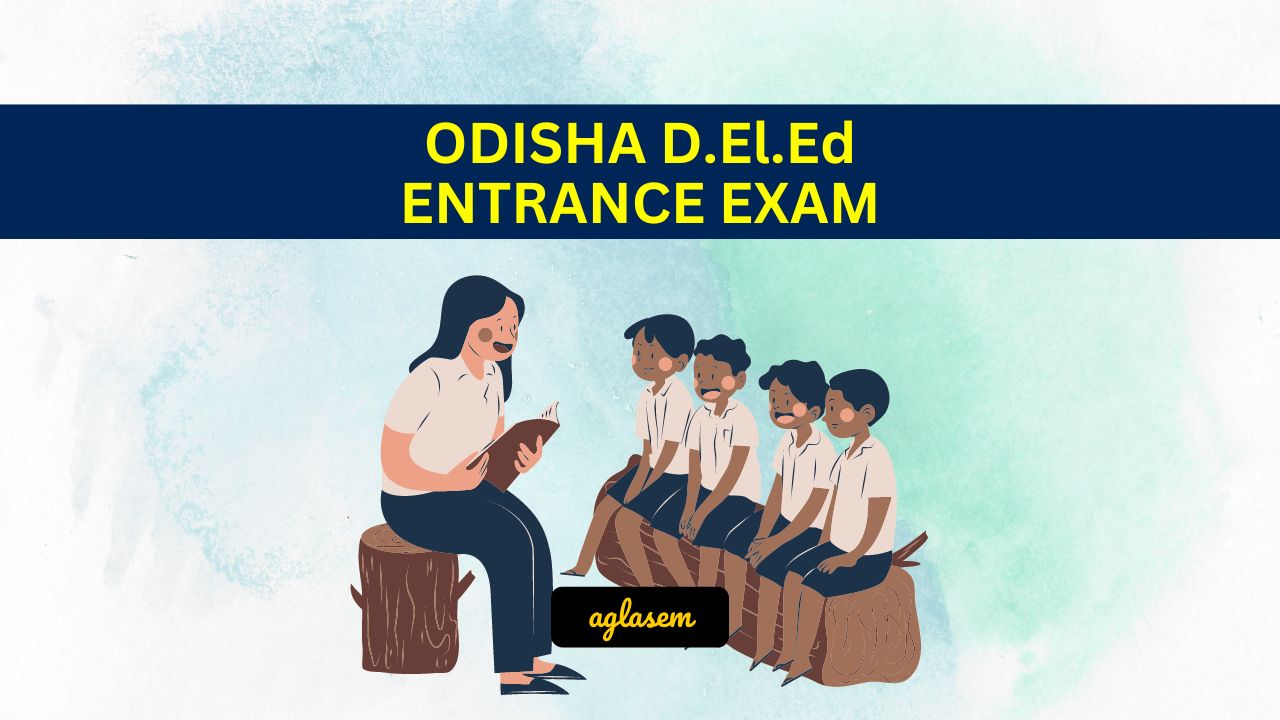
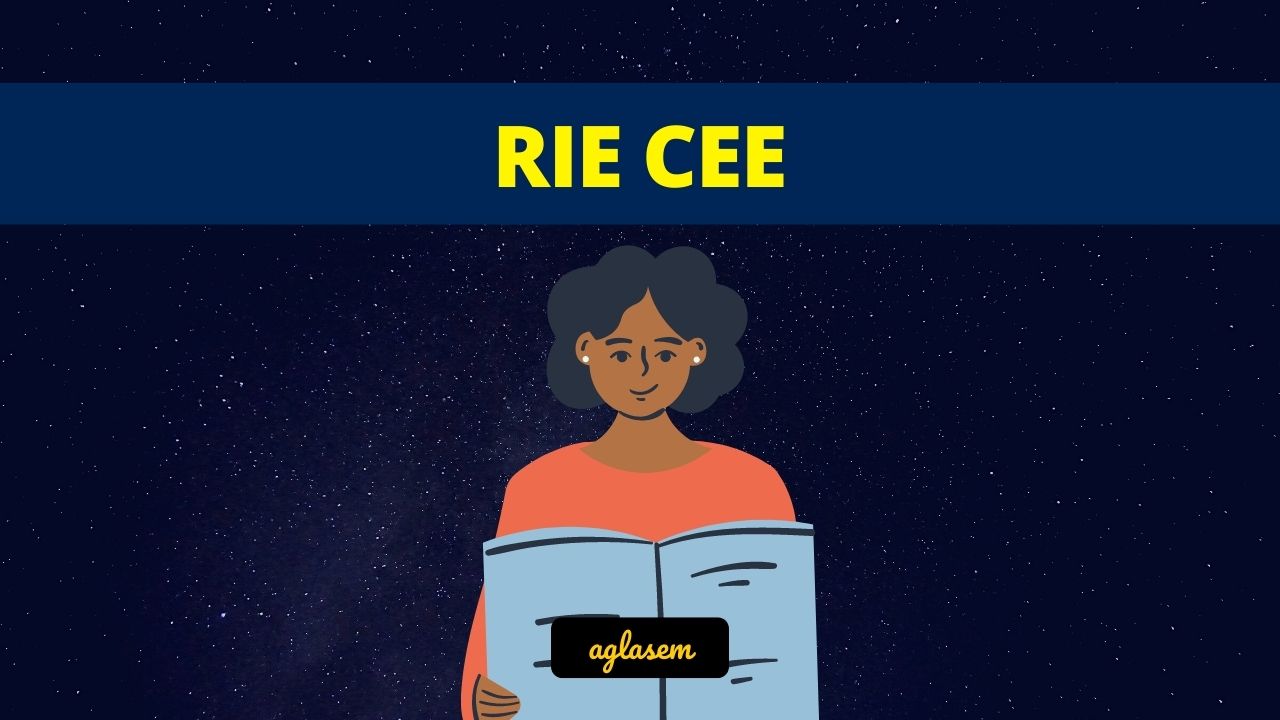
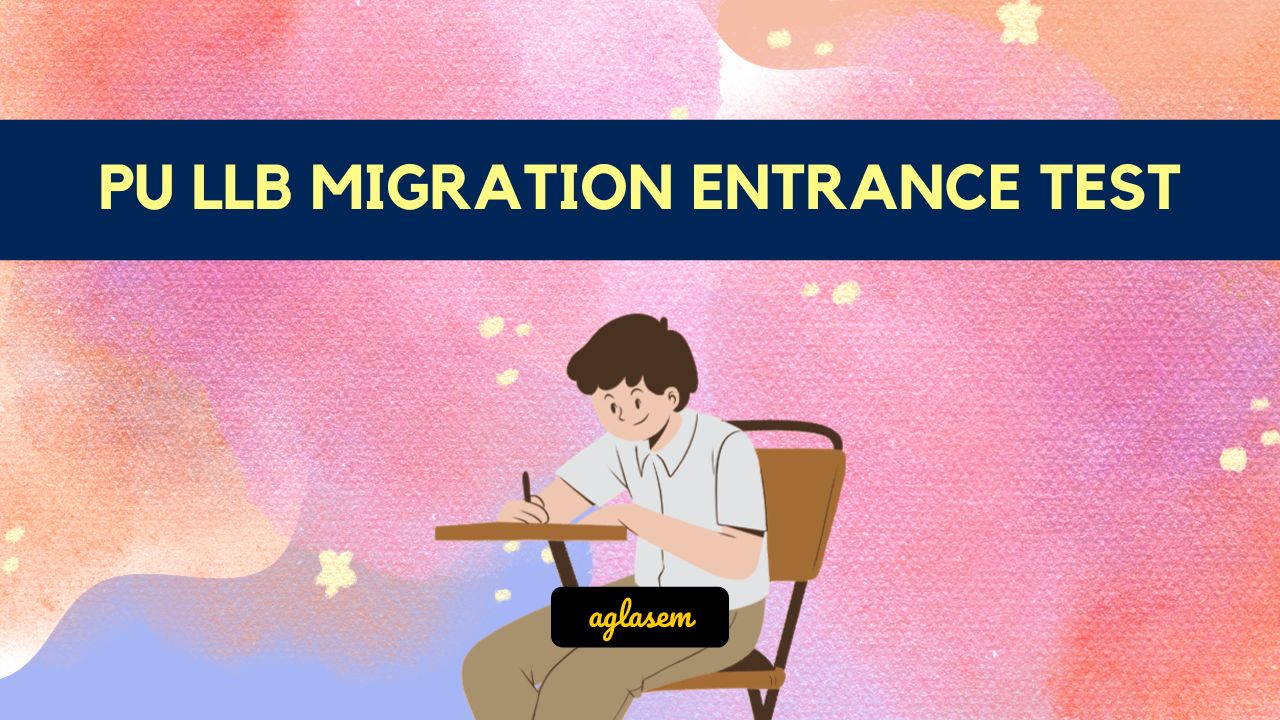
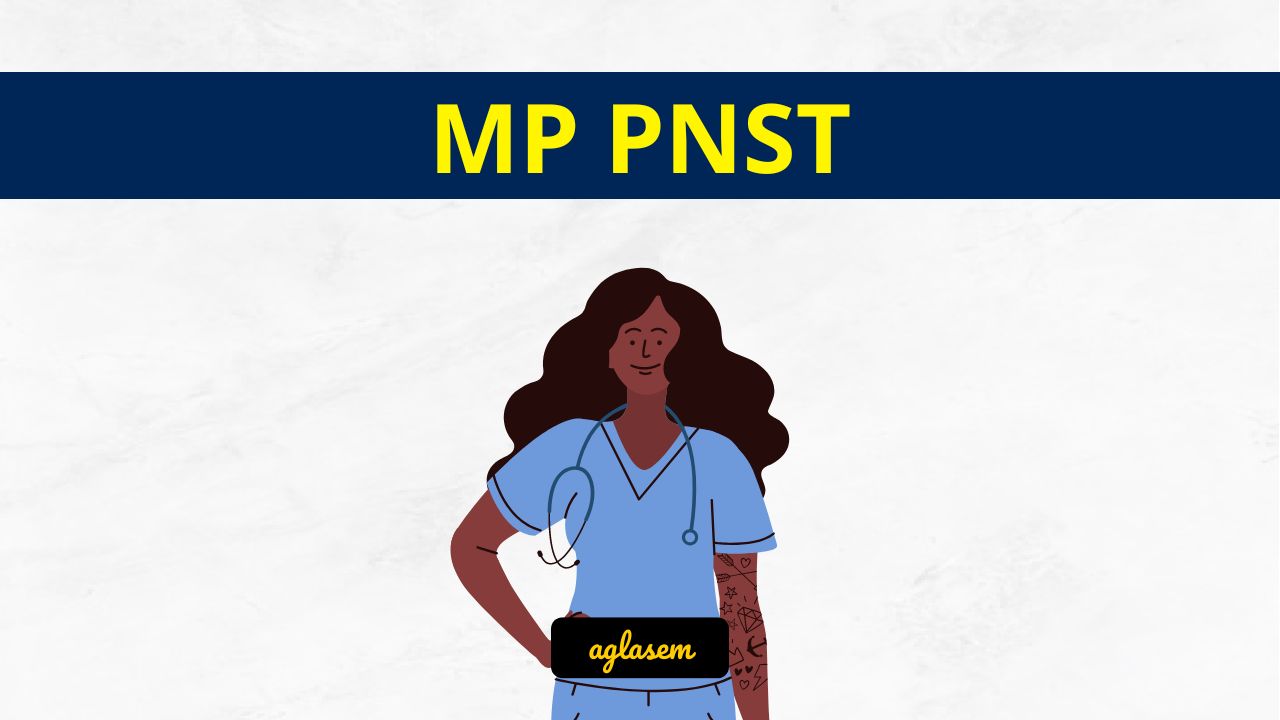
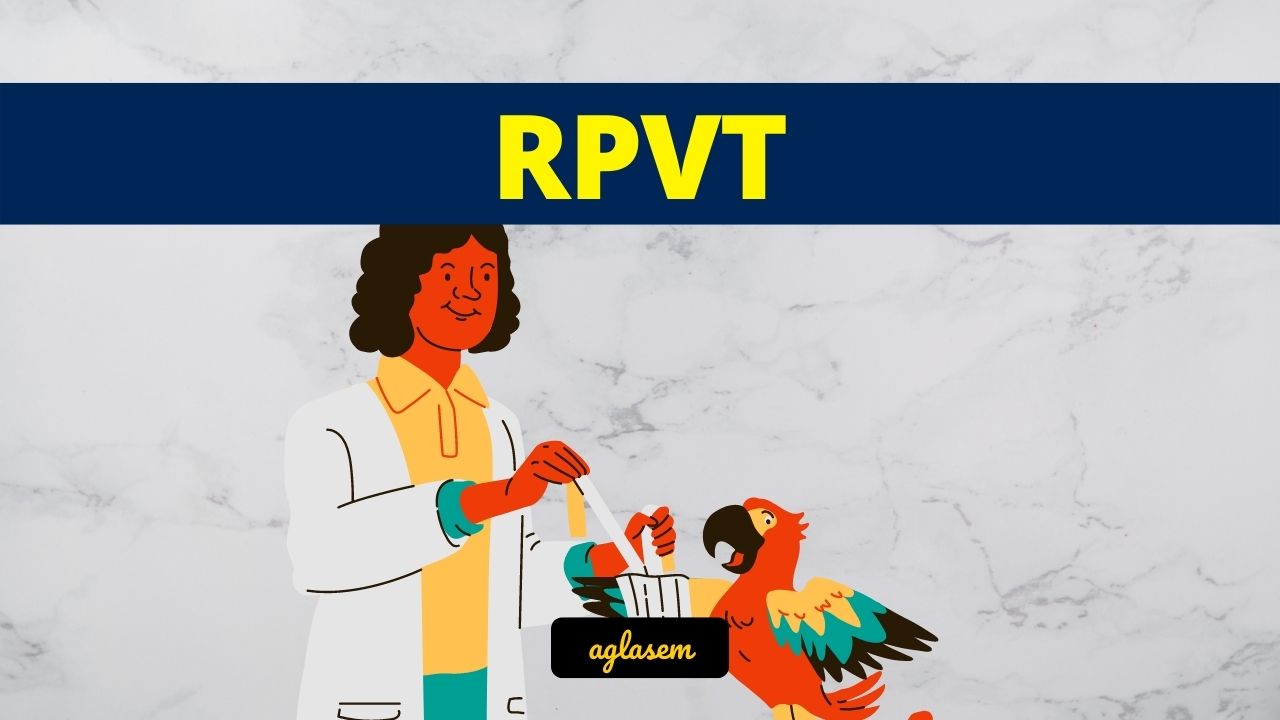

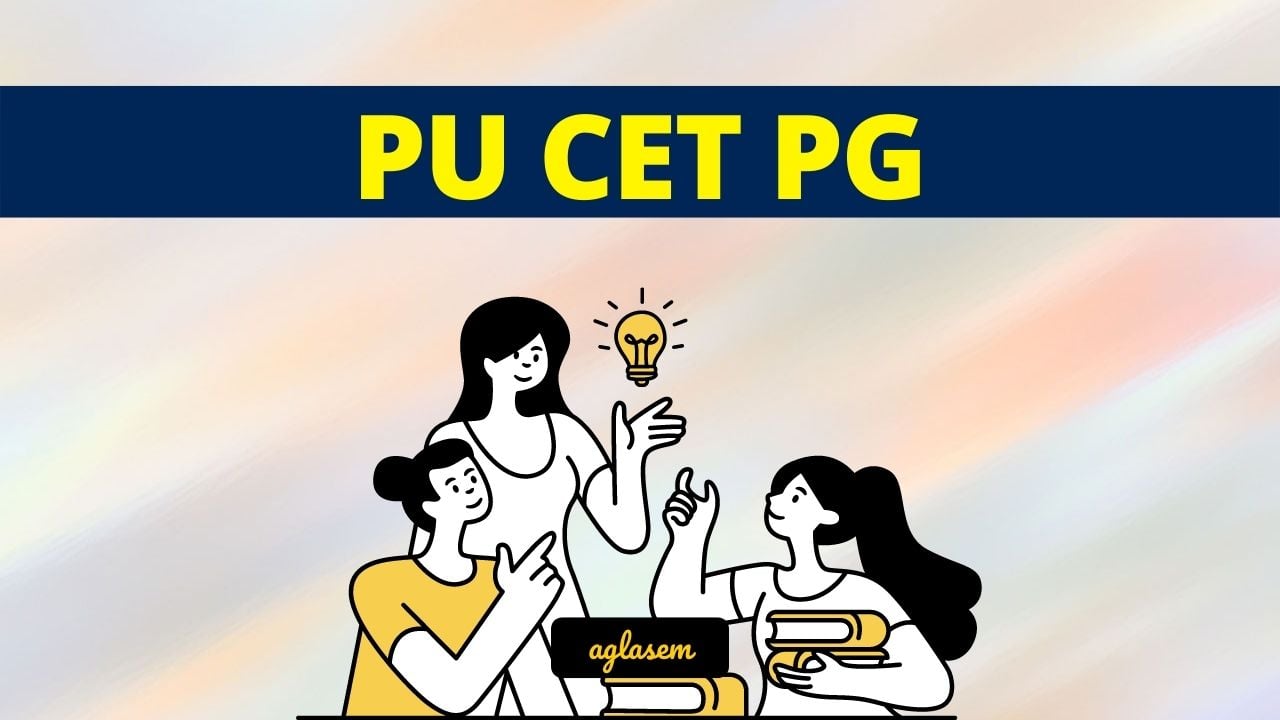
any idea when forms for MTECH CS prgramme will be released?
Hi Shivangi
Till now there no update yet.